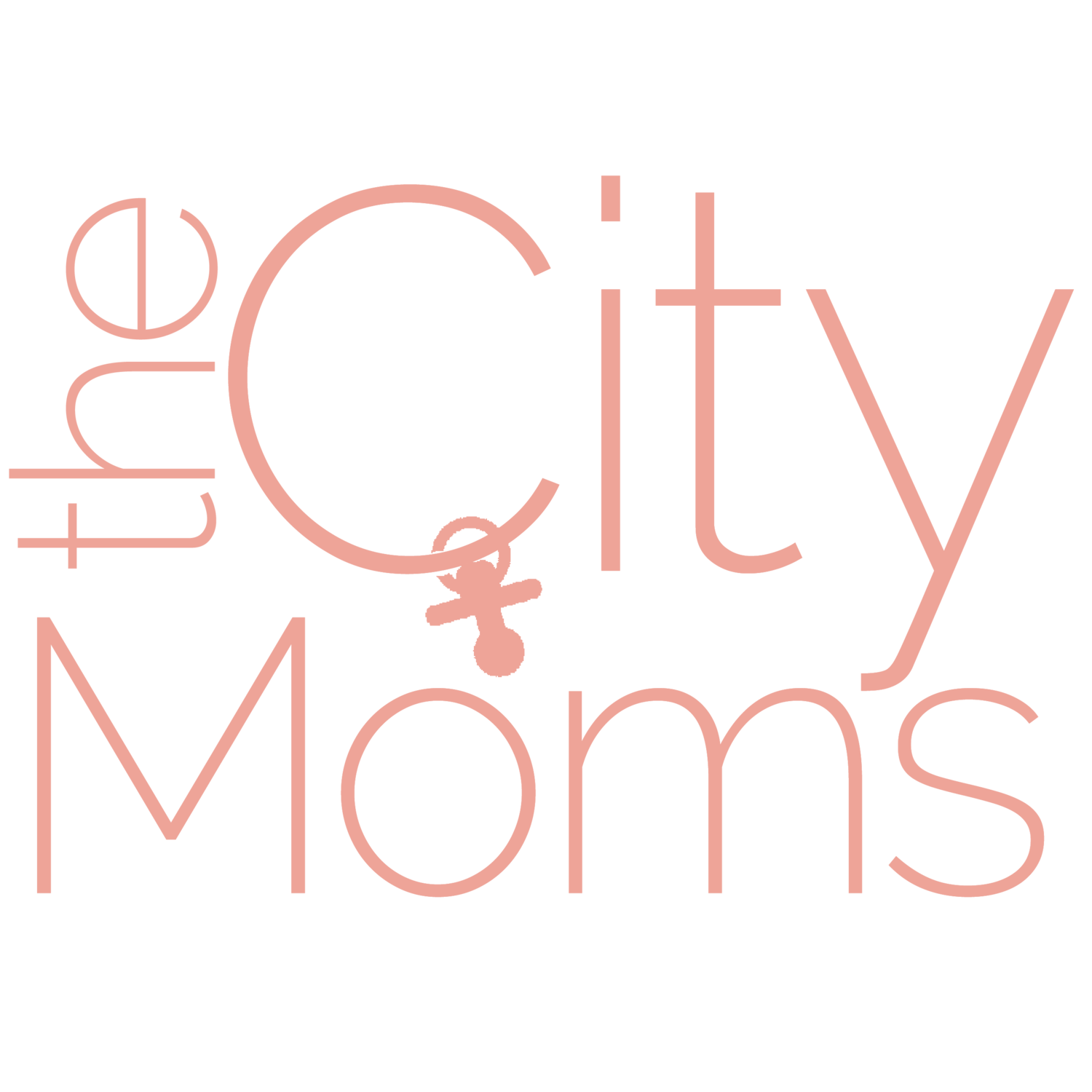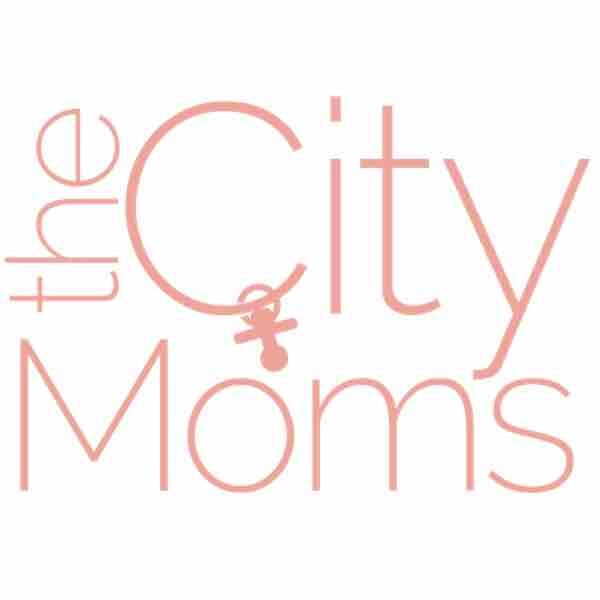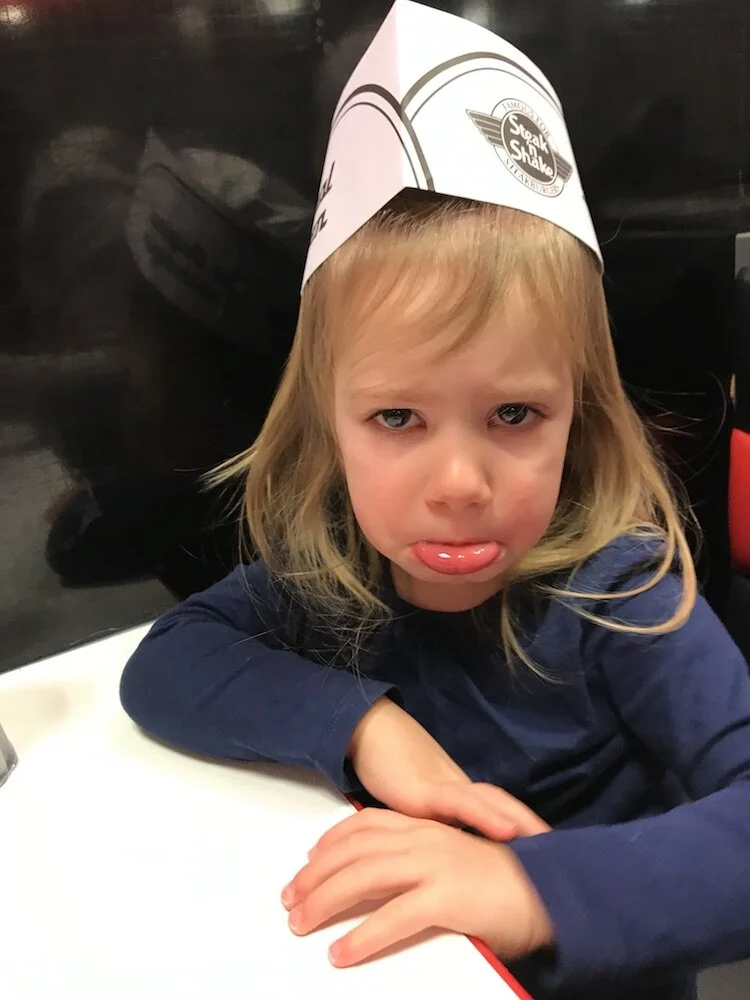Coping with social distancing:: supporting our kids' mental health
We’ve seen the range of reactions in adults to the COVID-19 pandemic. Some have stockpiled for the apocalypse while others are learning a new craft or hobby. Some are paralyzed with fear and anxiety while others have turned into Martha Stewart and are baking sourdough. You may be sleeping less or more {or somehow both}, imbibing more frequently, or having to restrict yourself from social media for a mental break. The truth is, this is hard and there is no right or wrong way to react. So, what do you do when you see that reaction coming from your small child? CityMom Laurel is sharing her experience.
My daughter is 3 {3 and a half if you ask her} and has been hilariously independent her entire life. She has rarely allowed us to teach her anything, insisting on figuring it out herself. I have stood and agonizingly waited for her at 14-months-old as she demanded I not help her put her shoes on. I am not permitted to put her into the car or help her with her clothes. My patience was put to the max after her second birthday when I thought we should teach her to use the potty and was met with absolute refusal. Her little tush would not touch a toilet. And suddenly, a couple months later {in her typical self-confident fashion}, she looked at me out of the blue and said “I want underwear,” and has been dry day and night ever since.
You can imagine my shock when two weeks ago she demanded I spoon feed lunch to her. Are you kidding me? No way, kid. We waged a battle across our kitchen table for nearly every meal and I could not figure out what was happening. A few days later, much to my dismay, the pants-wetting began followed by an insistence that she needs help dressing and undressing. Where did my independent girl go?
It took my overly-taxed Mom brain a few days to make the connection, but I had a sneaking suspicion this was an emotional reaction to the COVID-19 pandemic and all the related fallout. I have to be honest, that realization terrible. I had failed at sheltering my baby, at making her feel safe. She’s upset and can’t tell me. The physical wounds are easiest to grapple with as a parent, but no amount of kisses and band-aids {or bam-baids as she adorably calls them} were going to make the ouchie she was feeling go away.
I am blessed that my children attend an amazing preschool and in the midst of my tears about what to do, I had the clarity to text her teacher to see if she had any advice for me. 10 minutes later the guilt was still there, but I had a plan. Our teacher’s own children were little on September 11, 2001 and was able to share some great advice for me to guide my own tot through this maze of big feelings. My sweet girl was exercising control in a world where she felt out of control, in the only way she knew how. She was demanding my attention, because she desperately needed me. After a calming and comforting talk {Mom's need those too!}, I had a plan moving forward.
Shut off the news
Don’t have a steady stream of scary words coursing through your home. Young children {even elementary age kids} cannot process what they are hearing. If you can, try to limit conversations about the pandemic to moments when the children are not around.
We don’t general have the news on when the kids are up, but I know they’ve been privy to many conversations regarding COVID-19. We shared some basic information about a sickness that is dangerous, which is why we need to stay home and clean the germs. I thought it was appropriate. Until two weeks ago when I told my daughter I was going to the grocery store. My little shopping buddy asked if she could come and I told her kids can’t be at the store right now. She grabbed my arm and cried that she didn’t want me to go and get sick either and begged me to send Daddy {either he’s expendable or invincible, I’m not sure!}. It broke my heart, and I knew she had been struggling to process the things she’s heard.
Give extra affection- you’ve got time!
Take advantage of this extra togetherness and give those snuggles. According to author and parenting adviser, Noel Janis-Norton, long hugs and cuddles cause a release of oxytocin in the brain, which not only makes us feel good, but reduces blood pressure, lowers stress levels, and improves moods.
When my daughter is having a freak out over me feeding her, I scoot my chair close and hold her hand throughout the meal. Or if she insists she can’t dress herself today, I pull her onto my lap while she explains what she needs. I may not do what she is asking, but I am letting her know I am a safe place for her.
I have also intentionally let her know when she can expect some extra Mom-time, like after I’ve cleaned up the breakfast dishes we can sit on the couch and snuggle for one episode of Paw Patrol {Is Mayor Humdinger behind this COVID-19 stuff?}.
Don’t allow a backslide & build confidence
It is important not to let my child think her new dependence is OK, while making her feel safe and supported. One of the ways I’m doing that is enforcing our current expectations {you will feed yourself your meal or take your clothes off for bath}, while building confidence in her abilities to do so. I make a point to compliment how hard she is working on tasks and tell her about the different ways I can see how strong and smart she is. We practice feeding and dressing her babies as a way to demonstrate her abilities.
I’ve also involved her in specific tasks related to these issues around the house, subtly conveying to her that I trust her skills. She helps to prepare our meals, picks out food, sets the table, etc. And she also assists with picking out clothes, sorting laundry, putting things in the washer, and folding {don’t get excited, she does a terrible job of folding}. Most importantly my words are not a comment on whether or not she did a good job at any of these tasks, but rather about her hard work and determination.
NEED YOUR OWN SOCIAL DISTANCING SUPPORT?:
Check out Laurel's tips for getting closer when we are apart
Lead honest conversations with them
I sat down with both my kids and asked them what questions they have about COVID-19. I found a great resource on PBS.org which guided my conversation. It is important she not feel I’m hiding something scary from her, but also that what I say doesn’t scare her more. Everyday I’m finding that balance. So, I’m not lying about where grandma and grandpa are, but I’m also not telling her that they are more susceptible to this illness. Mostly we talk about how we can help take care of other people who are sick by staying home and that is an important job we can do.
Parenthood is gauntlet of ever-changing obstacles, and I never saw this one coming. It hurts to know my child has struggled with coping, but now that I’m focused on her needs we seem to be turning a corner {it’s been three days since she wet herself!} but we will take this day-by-day. Just as we are allowed to have a hard time emotionally processing our current world, so are our children.
Here are some other great resources for parents and kids during the Coronavirus outbreak.




